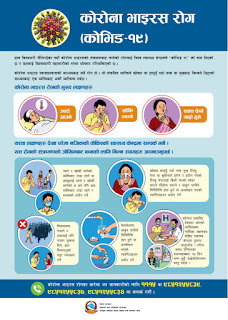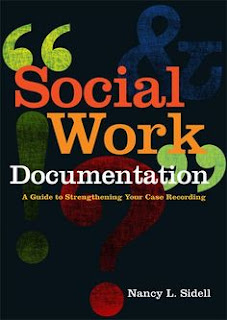Social workers are an untapped resource to address the psychosocial effects of Covid-19
Social workers are an untapped resource to address the psychosocial effects of Covid-19
In President Cyril Ramaphosa’s
first speech about the Covid-19 pandemic, he neglected mentioning social
workers as part of the response team. In his most recent address to the nation,
he considered the socioeconomic issues and some relief for businesses and
households, but still no mention of social workers and their role in addressing
food insecurity and the psychosocial implications of Covid-19. This is
indicative of the broader lack of understanding of the role of social workers
in providing essential services in disaster management.
As a nation, we need a
psychosocial strategy for the coordination and support of psychosocial
services.
We have already seen reports on
the heightened levels of gender-based violence during the lockdown.
Fortunately, given the knowledge of high levels of gender-based violence and
child abuse in South Africa, these services are still in operation. But they
are not classified as essential services.
Besides the increased levels of
gender-based violence, which the president and his teams have acknowledged,
there are numerous other psychosocial issues people confront. Social and
physical distancing could be triggering mental health issues among the general
population such as heightened levels of distress, anxiety, fear, stress and
depression, which may also exacerbate the situation of people with pre-existing
mental health issues. Many people are stressed about where their next meal will
come from and how they will pay their bills.
Workers on the front line require
trauma debriefing and assistance with post-traumatic stress disorder symptoms.
Families who have lost loved ones to Covid-19 require bereavement counselling
and support in dealing with their loss.Many people may be dealing with stress
as a result of job losses, living in confined spaces with no access to outdoor
areas, changed routines and constrained daily activities.
Social service workers have
valuable skills that would be useful in addressing these psychosocial problems.
Social service workers should be at the front line (with due regard for safety)
to provide public education and awareness on the prevention of transmission,
assist in ensuring food security and give psychosocial support. South Africa
has about 35 000 registered social workers as well as auxiliary social workers,
community development workers, psychologists and alternative healers. They
could have been called upon and used to assist in managing the long queues for
grant payment; identifying vulnerable households for livelihoods support;
providing support to care workers and those infected by Covid-19, counselling
people with mental health problems, as well as providing a myriad of other
social services.
(Note: This article is copied from given website)
To read full Article click below
link





Comments
Post a Comment